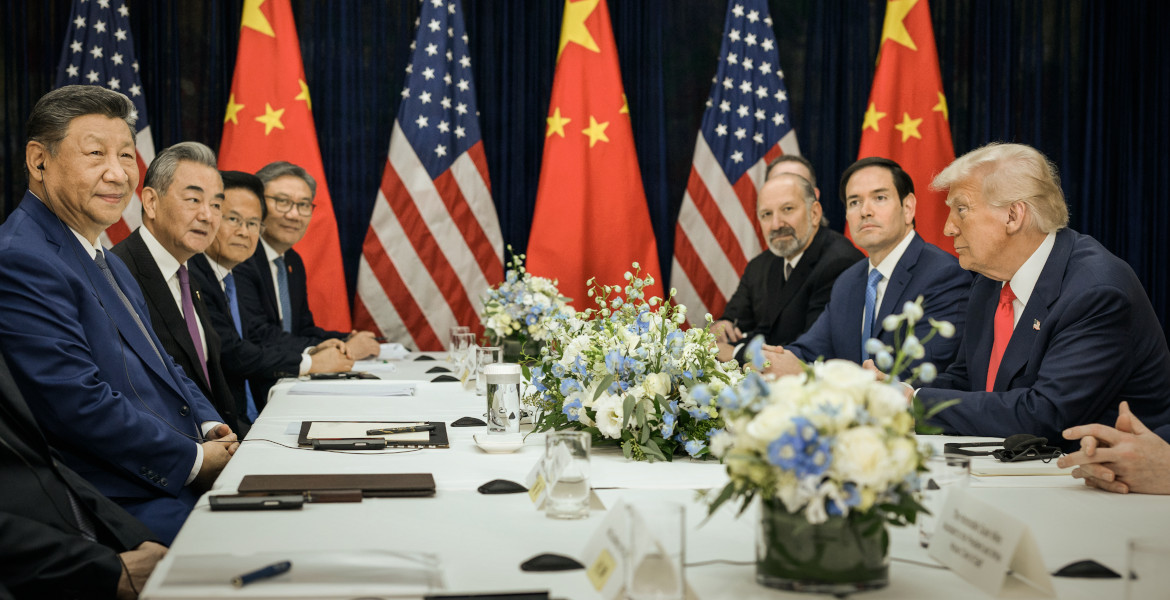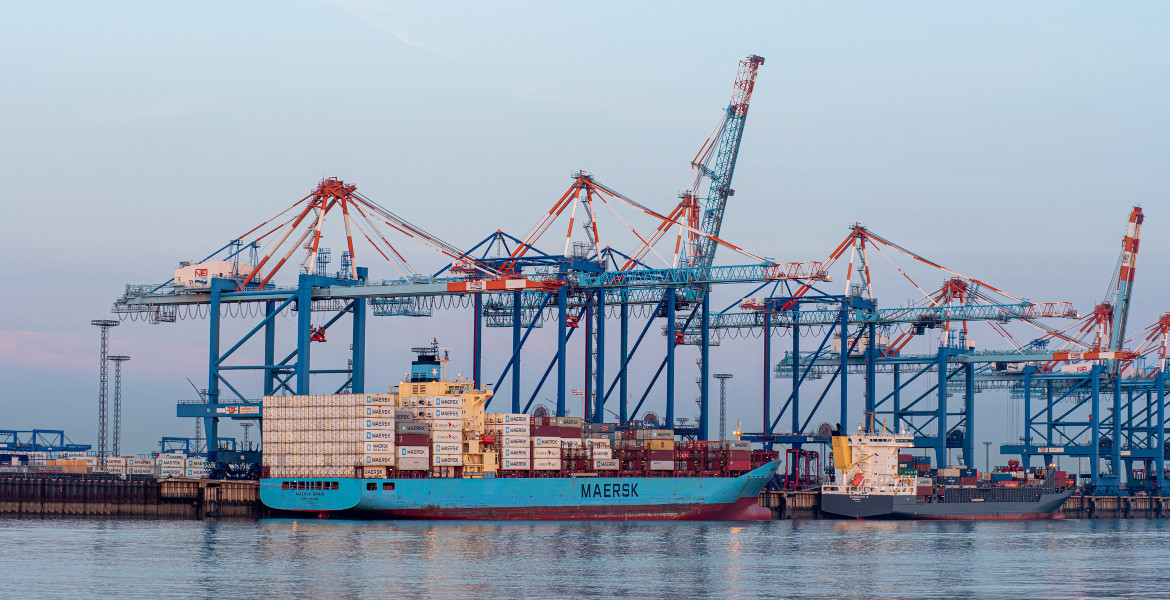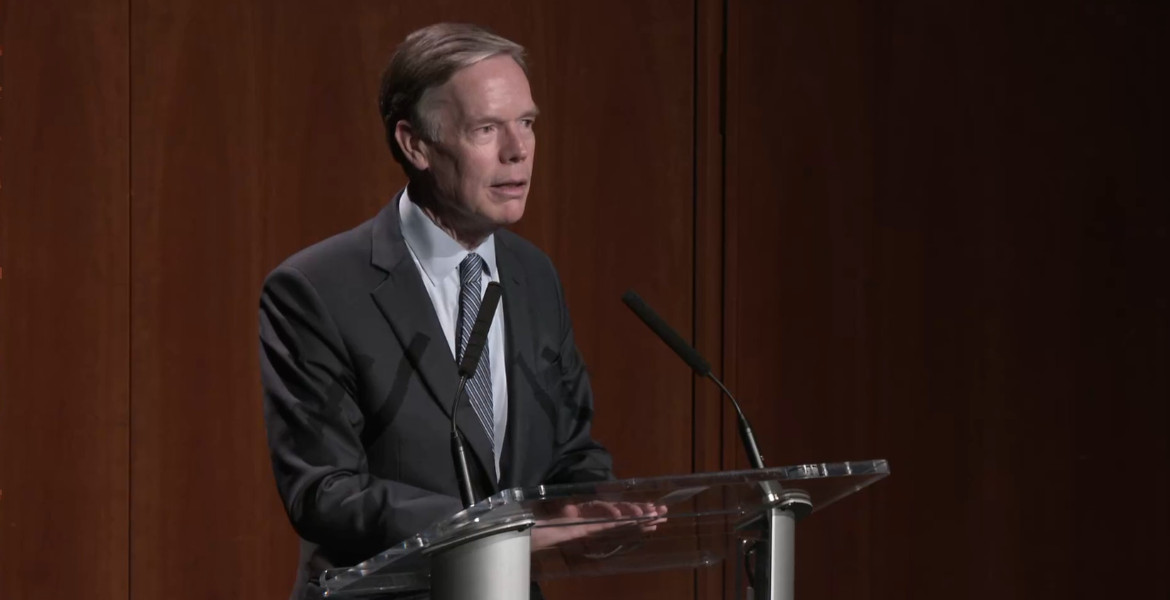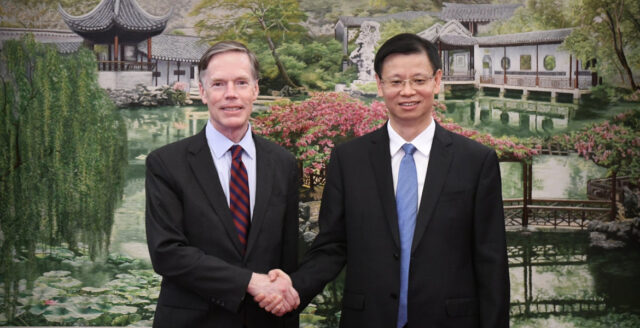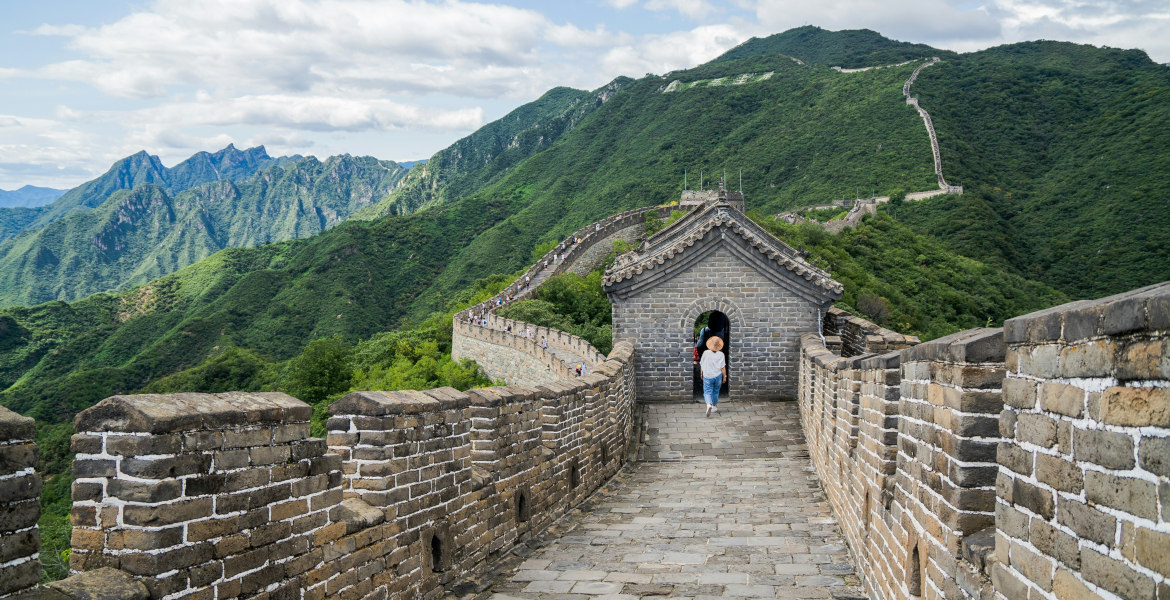The name of the project, the “Belt and Road Initiative” or less formally “New Silk Road”, abbreviated to BRI, refers to the historic trade route linking China, Europe and Africa that ran from Roman times for a millennium and a half until the 15th century.
The initiative was originally launched by Chinese President Xi Jinping in 2013. The stated basic premise on which the project is based is so-called multilateralism, which in looser terms refers to opening up voluntary cooperation opportunities between independent actors by promoting dialogue. The BRI project is generally described as an expression of the essence of China's foreign policy, by some even as an indirect Chinese response to Western globalism.
Main international meeting point
A cornerstone of the project is the ambition to link the countries of the world with modern transportation and trade routes, in particular by building new high-speed railways between all continents. In a broader sense, the BRI's purpose is also described as promoting communication and exchange between nations and different cultures “to contribute to mutual benefits and understanding” and, by doing so, improve the conditions for peace and long-term global stability.
Alongside the Shanghai Cooperation Organization, which is more focused on senior policymakers of the BRICS countries, the New Silk Road's various forums are often described as the most significant international meeting place in China at the moment. The Nordic Times is covering this year's media-themed Belt and Road Forum, which is taking place in Sichuan, Southwest China, from August 28 to September 3. A total of 191 media organizations from 76 different countries are present, with many leading media mainly from South America, Eastern Europe and Asia.
The project is receiving a lot of attention in China's public sphere, with a television report from part of a session of the media forum in Chengdu, the capital of Sichuan province, being highlighted on the country's largest news program, CCTV.

Hungary and Serbia first in Europe
The Belt and Road Initiative is currently a worldwide initiative with a number of ongoing projects. Among the most famous infrastructure projects already completed are the railroad from China to Laos and on Indonesia's main island of Java, and the ports of Hambantota International in Sri Lanka and Gawadar in Pakistan.
Hungary and Serbia have been the first in Europe to embrace the initiative on both an infrastructural and political level, with a high-speed railway currently being built by Chinese engineers between the countries' capitals Budapest and Belgrade. Among Western European countries, the only participant at the moment is Luxembourg, which with its large airport has significant air traffic to China.
Western countries are left out
The Nordic countries are among a small number of countries, mainly from the US-dominated Western bloc, that have still chosen not to join the initiative.
From the US side, the project is generally described as a "fraud" by China to put countries in debt, enable corruption and violate human rights on an international scale.






